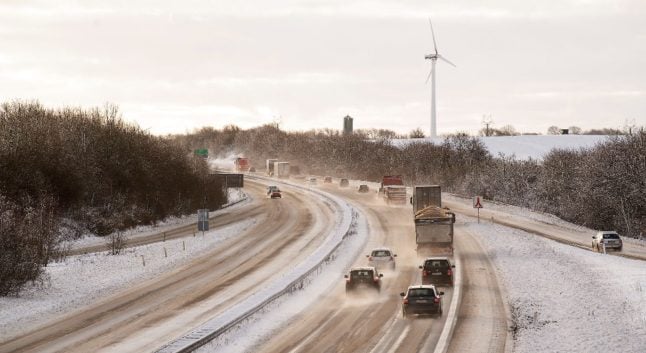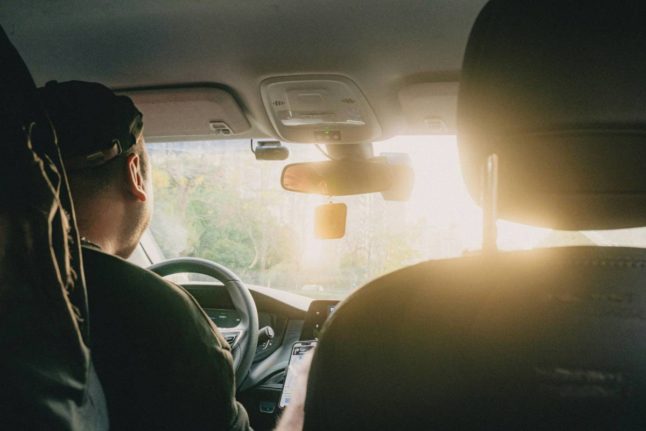The municipalities, located on the island of Funen, said on Tuesday that they could reduce speed limits on broad sections of the E20 motorway from 130 to 110 kilometres per hour, broadcaster DR writes.
The Ministry of Transport told DR it regularly receives requests from municipalities who want to reduce motorway speed limits locally.
The plan has received criticism from motorists’ organisation FDM, which says it would increase transport times and thereby become an economic expense.
But calculations from the Netherlands, where similar policies have been adopted, show that benefits can outweigh costs, DR reports.
The Netherlands has in recent years implemented lower motorway speed limits during the day, with the maximum speed in motorways now 100 kilometres per hour between 6am and 7pm, and 130 kilometres per hour outside of those times.
Calculations drawing on CO2 emissions, fuel consumption and safety – as well as economic costs related to increased journey times – weigh in favour of the slower speeds, a researcher told DR.
“If you subtract the disadvantages from the advantages, you get a positive effect of 525 million euros per year. So if the government wants to maximise welfare for the public, it should consider reducing the speed,” Bert van Wee, professor in transport policy at the Delft University of Technology, said to DR.
The positive effects apply both to the national GDP and individual costs, DR writes.
Van Wee said he would expect the results seen in the Netherlands to be reproducible in Denmark.
A Danish expert told DR that, while reduction of speed limits in some locations could be beneficial, the possible benefits should be considered.
“Based on numbers where there is a general measure across the country to reduce speed limits to 110 purely for climate purposes, these show it would be an expensive way to benefit the climate,” University of Copenhagen transport researcher Mogens Fosgerau said.
The difference in population density between the Netherlands and Denmark is a significant factor, he also said.
“In that sense the Netherlands is not like us. They have a lot of congestion on the roads and that’s an important difference,” he said.



 Please whitelist us to continue reading.
Please whitelist us to continue reading.
Member comments